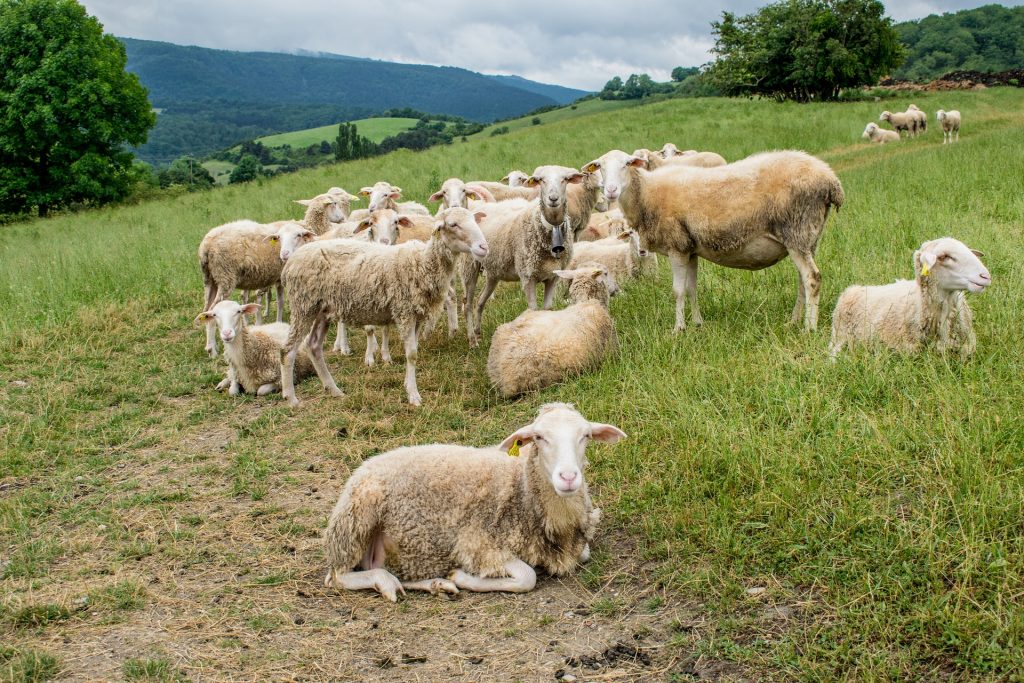Spanish farmers are losing their livestock as the Iberian wolf makes a return to the natural landscape. The government’s proposal to ban all hunting of the wolf hits a raw nerve.
The Castilla y León region is home for most of Spain’s wolves. Local government figures show that in 2019, wolves killed 3,774 sheep and cows.
Spain’s left-leaning coalition government plans to list the Iberian wolf as endangered. This would prevent it from being hunted anywhere. However, the reform has not yet been implemented and there is still time for changes.
The impact of a complete hunting ban would be a wolf population that is uncontrolled, which in turn could be devastating for livestock farmers. Conservationist groups, meanwhile, welcomed the government plan. The Ecologistas en Acción organisation hailed it as a “historic day”.
Biggest wolf numbers in Europe
In the middle of the 20th century, the Iberian wolf was close to being extinct. However, with the depopulation of rural areas and new hunting regulations, it saw a resurgence. The wolves have moved into areas such as the Guadarrama mountains north of Madrid and near the city of Ávila, to the west of the capital.
In total there are around 2,500 Iberian wolves of which 2,000 are in Spain. The remainder are in Portugal.
Juan Carlos Blanco, an independent biologist and wolf expert, told the BBC, “The wolves are very important from an ecological point of view.” As the wolf sits at the top of the food chain, it keeps the number of deer and wild boar in check. These animals, can damage crops, spread disease and cause road accidents.
Negotiation required with farmers

Farmers such as Felipe Luis Codesal are not so enthusiastic. Mr Codesal, who is a member of the UPA association of smallholder farmers, warns the reform will ruin livestock owners. The inclusion of a subsidy for the installation of fences and use of guard dogs is not swaying the UPA.
Mr Codesal’s concern is understandable when he tells the BBC about the attack on his sheep in last November. A pack of wolves got through the fence and attacked the sheep, many of which were pregnant. Eleven were killed that night, a further 36 died from injuries and miscarriages triggered by the attack.
Not only did Mr Codesal lose his sheep, he wasn’t entitled to compensation either. Financially, he lost around €12-14,000. “It’s not even about the money,” he told the BBC. “It’s emotional, because the animals are part of my family.”
The government will need to negotiate with the farmers and try to balance the differing viewpoints: the more romantic and positive viewpoint of city dwellers versus the negative reality of rural communities.


